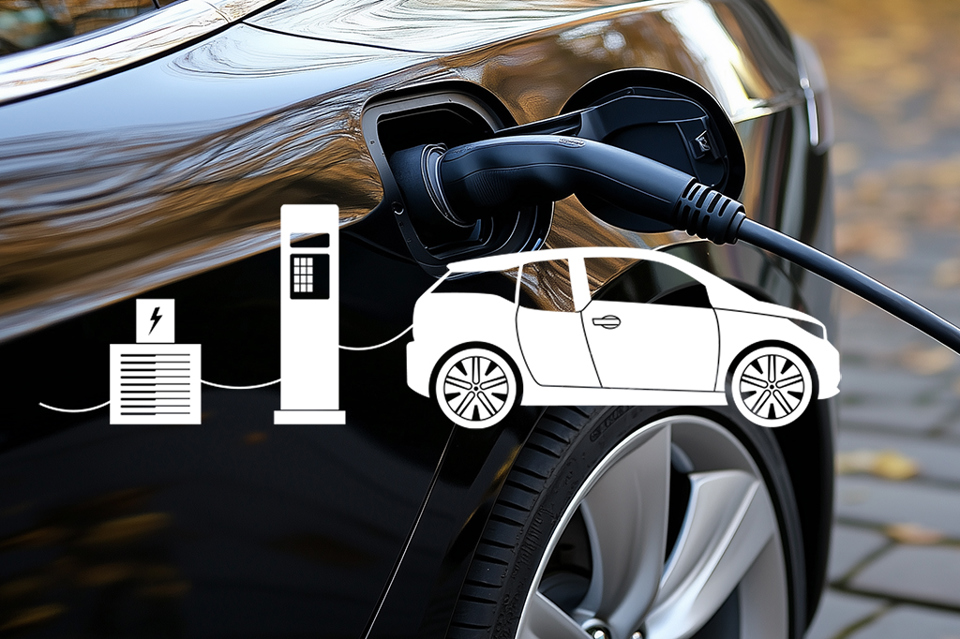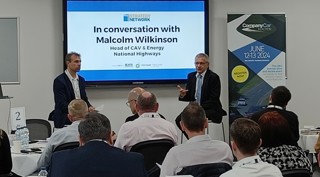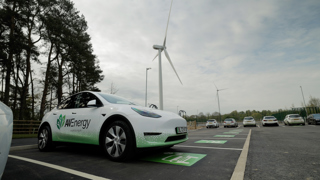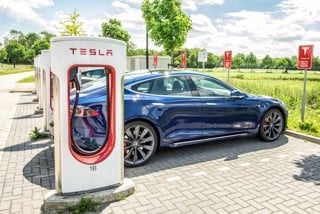National Highways is testing and trialling a new energy storage and charging system early next year that can add 100 miles of range in five minutes.
Levistor has developed the high power “flywheel energy storage system” (FESS) or "kinetic battery” system, originally developed at City, University of London. The FESS can store up energy from the grid during periods of low demand, then this energy can be rapidly released through a standard EV charge point.
The trial is taking place at National Highways’ test and development centre at Moreton-in-Marsh in Gloucestershire.
Matt Journee, Levistor chief executive, said: “National Highways’ readiness to trial our commercial product is a strong endorsement of our R&D work to date and highlights the grid constraint challenges that need to be overcome if the EV roll-out in the UK is to be truly nationwide.
“Our system offers a solution to National Highways, the electricity network operators and charge point operators.”
Journee says super fast chargers can be a particular help to EV drivers that are outside urban areas and for those that are regularly using the motorway network.
Christopher Plumb, energy team leader at National Highways, says the trial will help showcase the product’s ability to overcome grid constraints and enable super-fast EV charging.
He adds: “This kind of innovative solution offers great potential to help improve the EV charging network and ultimately help accelerate the widespread adoption of electric vehicles supporting our journey to net zero Highways.”
Levistor says its flywheel technology can be “easily connected to the local grid” and has been designed to be quickly deployed above or below ground singularly or in multiples.
The charging technology is able to be deployed at service stations, bus/rail termini, fleet depots and distribution centres (for example supermarket deliveries and general retail).
The Levistor trial will run alongside National Highways’ existing programme of work to invest in energy storage systems that can support electric vehicle (EV) charging on the UK’s motorway network, in particular where the existing grid network infrastructure cannot support super-fast, high-powered EV charging.























martinwinlow - 27/11/2024 11:43
Well, I applaud the idea of having on-site storage for EV charging to reduce the demand on the grid but and/or reduce the (sometimes *massive*) cost of upgrading the mains supply to cope with EV charging, *but*, *why on Earth* mess around with highly experimental systems when an equivalent capacity battery-based system could be bought off-the-shelf for (almost undoubtably) much less money and 100% certainly be way more efficient and reliable (no moving parts for starters)?!!! It's like HMG feel obliged to just chuck money around willy-nilly and just hope some sticks!